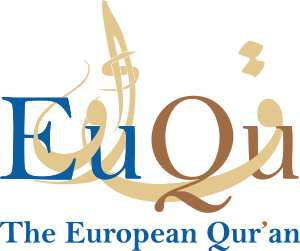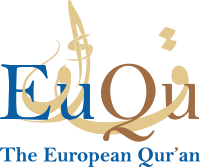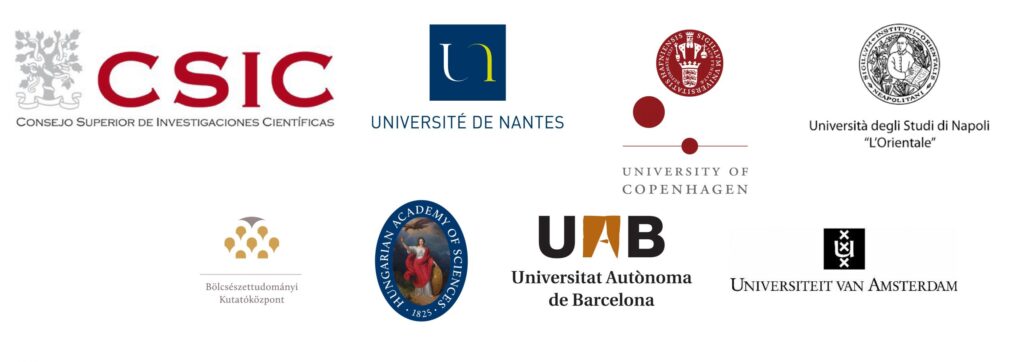Explore Our Research Resources
As part of the EuQu Project, we use Zotero, an online bibliographic manager, to organize and share the references used in our research, along with all resulting publications.
📚 You can browse and download the full collection via [this Zotero link].
Project Results and Publications
The main academic outputs of the EuQu Project have been published in a dedicated series and across multiple formats:
De Gruyter Series – The primary publication series of the EuQu Project.
Other Books – Additional volumes that expand on our research themes.
Articles and Chapters – Peer-reviewed journal articles and book chapters produced by project researchers.
Encyclopaedia Entries – Contributions to major reference works.
PhD Thesis – Doctoral research developed within the project framework.
Materials – Supplementary documents and resources related to the project.




